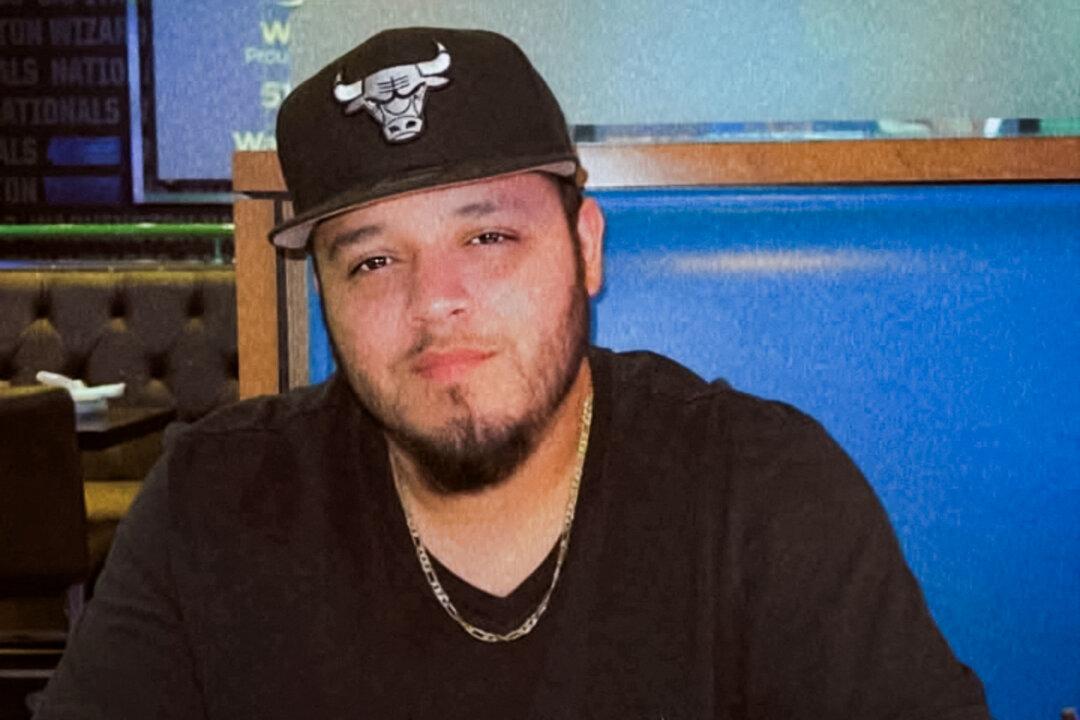A federal judge has ordered the Trump administration to resume reporting its efforts to bring Kilmar Abrego Garcia back to the United States, nearly seven weeks after he was deported to El Salvador.
In an April 30 ruling, U.S. District Judge Paula Xinis of Maryland imposed new deadlines requiring the administration to submit sworn declarations detailing steps taken to comply with her earlier directive to facilitate Abrego Garcia’s return.





